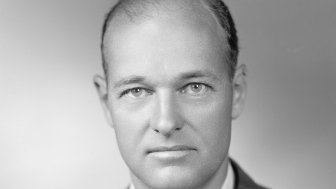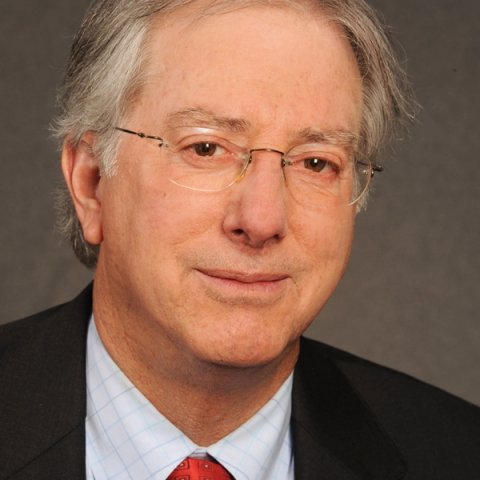Dennis Ross
Guest Speaker
Professional Affiliation
Counselor, Washington Institute for Near East Policy
Expert Bio
Ambassador Dennis Ross is counselor and William Davidson Distinguished Fellow at the Washington Institute for Near East Policy. Prior to returning to the Institute in 2011, he served two years as special assistant to President Obama and National Security Council Senior Director for the Central Region, and a year as special adviser to Secretary of State Hillary Rodham Clinton.
For more than twelve years, Ambassador Ross played a leading role in shaping U.S. involvement in the Middle East peace process and dealing directly with the parties in negotiations. A highly skilled diplomat, Ambassador Ross was the U.S. point man on the peace process in both the George H. W. Bush and the Bill Clinton administrations. He was instrumental in assisting Israelis and Palestinians to reach the 1995 Interim Agreement; he also successfully brokered the 1997 Hebron Accord, facilitated the 1994 Israel-Jordan peace treaty, and intensively worked to bring Israel and Syria together.
A scholar and a diplomat with more than two decades of experience in Soviet and Middle East policy, Ambassador Ross worked closely with Secretaries of State James Baker, Warren Christopher, and Madeleine Albright. Prior to his service as Special Middle East Coordinator under President Clinton, Ambassador Ross served as Director of the State Department's Policy Planning Staff in the first Bush administration. In that capacity, he played a prominent role in formulating U.S. policy toward the former Soviet Union, the unification of Germany and its integration into NATO, arms control negotiations, and the 1991 Gulf War coalition.
During the Reagan administration, he served as Director of Near East and South Asian Affairs on the National Security Council staff and as Deputy Director of the Pentagon's Office of Net Assessment. Ambassador Ross was awarded the Presidential Medal for Distinguished Federal Civilian Service by President Clinton, and Secretaries Baker and Albright presented him with the State Department's highest award.
A 1970 graduate of UCLA, Ambassador Ross wrote his doctoral dissertation on Soviet decision making, and from 1984 to 1986 he served as Executive Director of the Berkeley-Stanford program on Soviet International Behavior. He received UCLA's highest medal and has been named UCLA Alumnus of the Year. He has also received honorary doctorates from Brandeis University, Amherst College, the Jewish Theological Seminary, and Syracuse University. Ambassador Ross was named a 2016–2017 Senior Fellow by Yale University's Jackson Institute for Global Affairs.
Ambassador Ross has published extensively on the former Soviet Union, arms control, and the greater Middle East, contributing numerous chapters to anthologies. In the 1970s and 1980s, his articles appeared in World Politics, Political Science Quarterly, Orbis, International Security, Survival, and the Journal of Strategic Studies. Since leaving government at the end of 2011, he has authored many op-eds in the New York Times, Washington Post, and other newspapers and magazines. In addition, he writes monthly columns for U.S. News and World Report, the New York Daily News, and the Middle Eastern newspaper Asharq al-awsat.
Ambassador Ross is the author of several influential books on the peace process, most recently Doomed to Succeed: The U.S.-Israel Relationship from Truman to Obama (Farrar, Straus and Giroux, 2015). That book received the 2015 National Jewish Book Award for history. Previously, he co-authored (with Washington Institute for Near East Policy peace process expert David Makovsky) Myths, Illusions, and Peace: Finding a New Direction for America in the Middle East. An earlier study, The Missing Peace: The Inside Story of the Fight for Middle East Peace (Farrar, Straus and Giroux, 2004), offers comprehensive analytical and personal insight into the Middle East peace process. The New York Times praised his 2007 publication, Statecraft: And How to Restore America's Standing in the World (Farrar, Straus and Giroux, 2007), as "important and illuminating."
Insight & Analysis by Dennis Ross
- Past event
- Wilson@50
A Kennan for Our Times: Celebrating the Legacy of George F. Kennan


